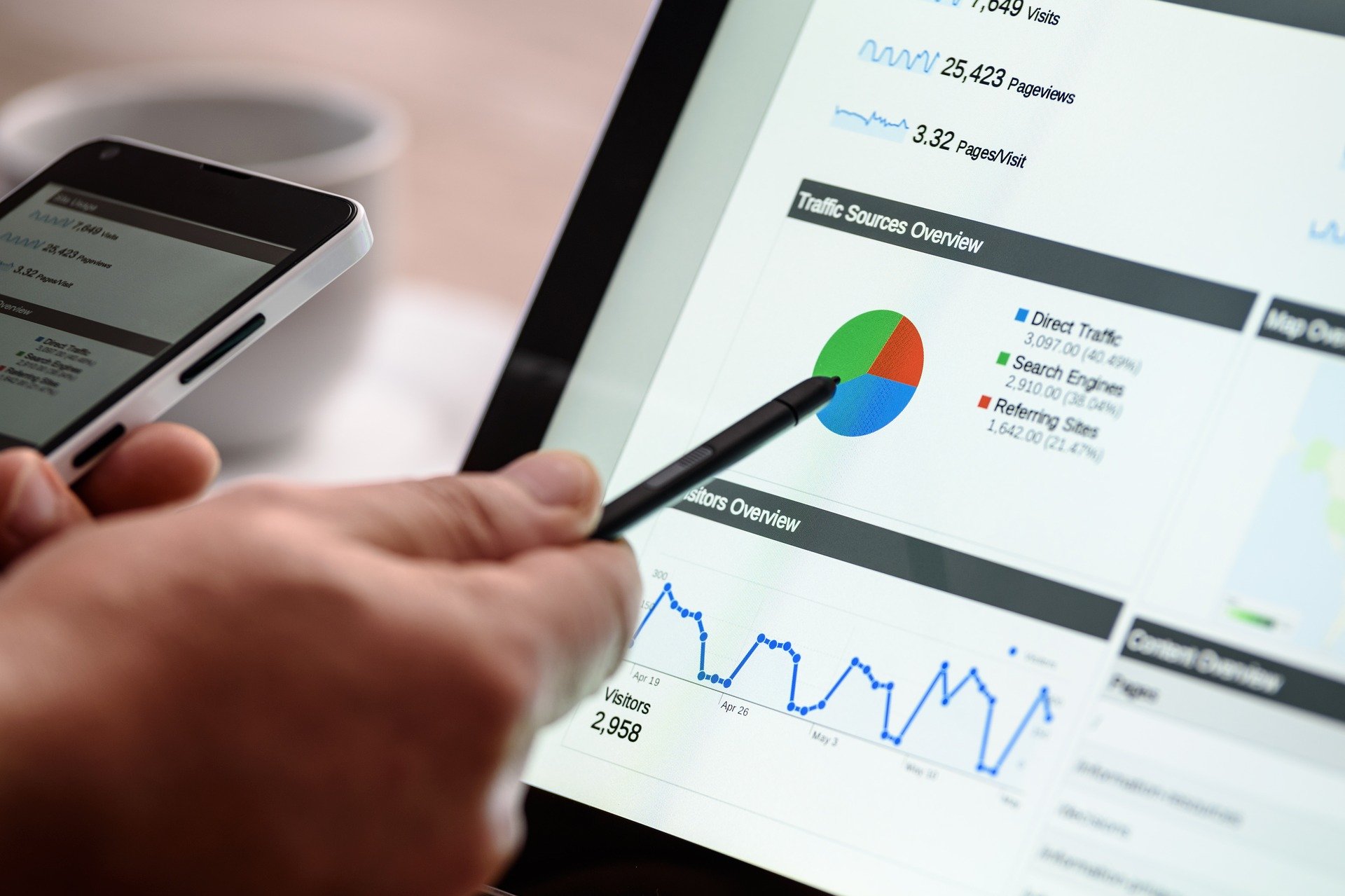Selected Research Projects
On this page, we take you on an exciting tour of the status quo of our ambitious IT research, using specific examples.

Business Service Manager
Mobile e-card (the personal key to Austria's healthcare system)
Crisis managment / RISkanalysis
3B3M - Fighting payment fraud
Serious games

Business Service Manager
A central infrastructure to easily connect services and the mobile phone for innovative applications
The importance of the mobile phone as a central device in everyday life continues to grow. The use of internet services and apps goes far beyond traditional telephony and text messaging, and communication tools such as NFC, Bluetooth or WLAN allow a mobile phone to interact with other devices. However, to encourage the adoption of new services on mobile phones, sufficient coverage of devices and acceptance points is required. This is where the BSM infrastructure comes in.
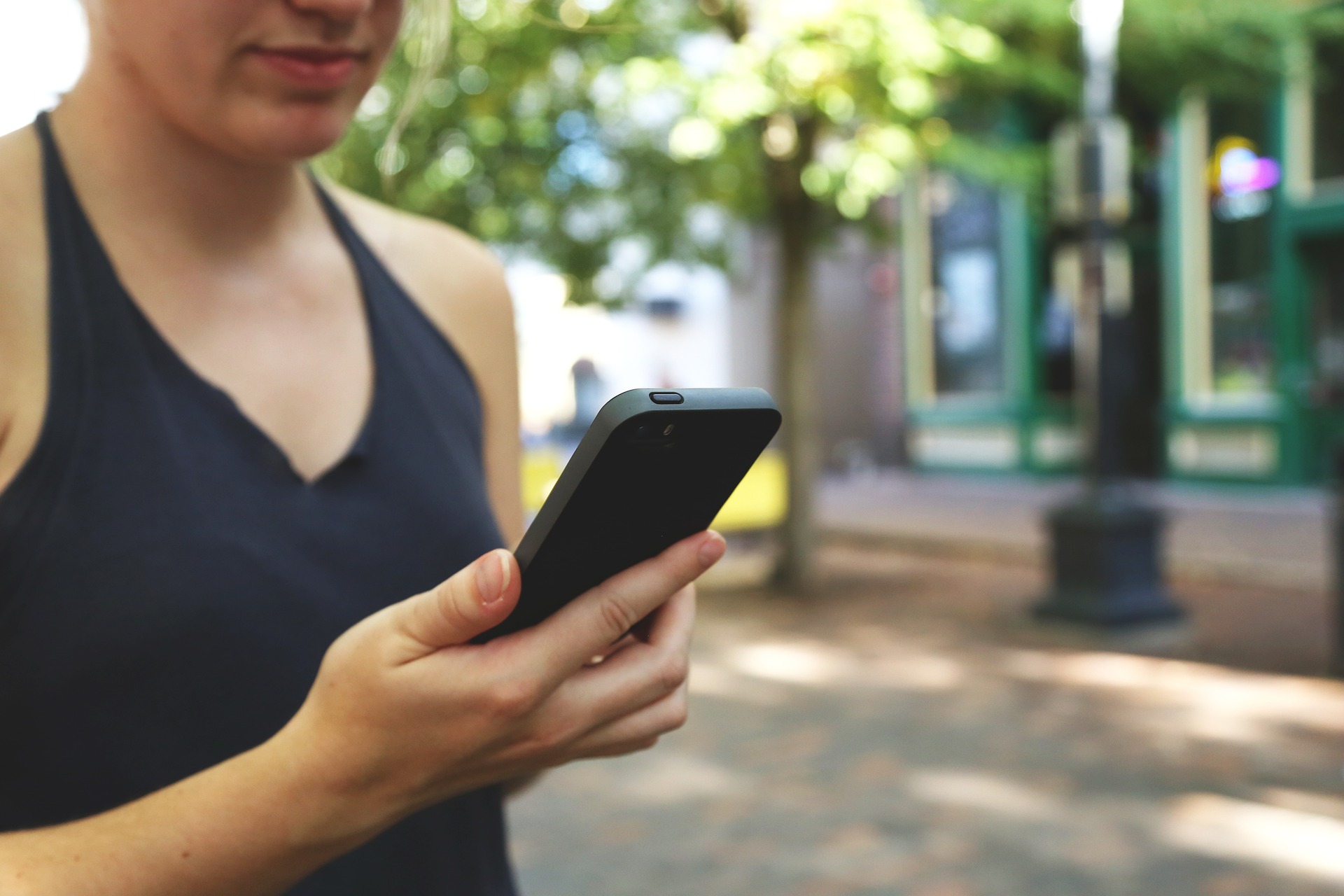
Centralised infrastructure
The aim of the project was to develop a centralised infrastructure that could be used to create and manage an easy connection between services and the mobile phone. The BSM infrastructure should enable innovative application areas where the business case would not be viable without the infrastructure. As an exemplary service, BSM is being tested with Maestro, a proven payment method in Austria. However, other services such as ticketing, identity, loyalty or locking systems can also be implemented.
Advantages of the BSM infrastructure:
The BSM infrastructure offers many benefits to users and service providers. By using mobile phones as a representation of smart cards, users can use the device to
- pay in shops
- withdraw cash from ATMs
- Replace loyalty cards
- Identify themselves at public authorities
- Lock doors
- and much more.
Service providers can consolidate their services onto a single device, increasing user adoption.
Target groups: The BSM infrastructure is aimed at mobile phone customers in Austria as well as service providers such as banks, public authorities, retailers and other companies that want to realise innovative applications on mobile phones.
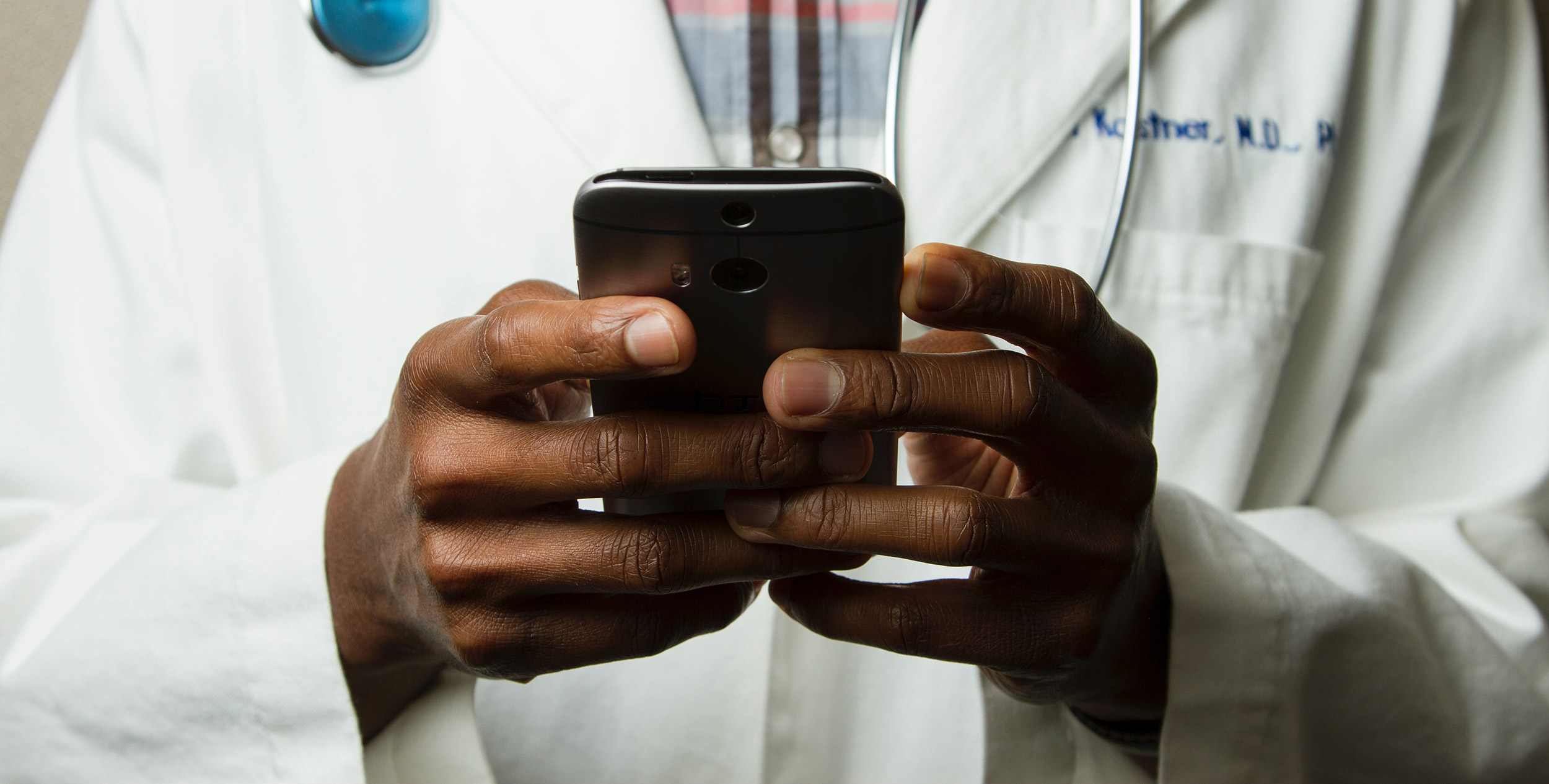
Mobile e-card (the personal key to Austria's healthcare system)
Innovative and secure identification in a mobile world using the e-card as an example
This project has developed a mobile e-health application that ports the e-card to a smartphone, making it equivalent to the physical e-card. The aim of the project is to create an innovative and secure solution for accessing healthcare data and services that meets the needs and interests of the population, while improving the efficiency and quality of the healthcare system.
Digital identity
Additional functions such as e-prescription or e-medication have also been integrated. The application is based on the concept of digital identity, as envisaged by the Austrian citizen card, and has been embedded in the existing technical equipment. The security standards are state of the art and have been complemented by additional measures.
The project evaluated the impact of an e-card app on the real world of citizens and which aspects would be accepted by them. The results can be used as a basis for further policy decisions and technical innovations.

Advantages of the mobile e-card:
The mobile e-card offers a number of benefits to the population, such as
- Ease of use
- transparency
- and traceability.
The use of the additional functions can help to increase the personal responsibility of citizens in the area of health, thus leading to earlier detection and better treatment of diseases. The dissemination of the mobile e-health application can lead to more inclusive access to e-government services and strengthen the population's trust in the administration.
Target groups: A user-friendly graphical user interface is an important added value of a mobile e-card application. Additional features and services will be offered to different target groups such as digital natives, digital immigrants, sports enthusiasts, health conscious people, nutrition conscious people and women. The services offered are tailored to the needs and interests of these target groups and are based on the findings and trends of current health movements, such as the quantified self movement.

Crisis managment / RISkanalysis
CROSSover system - The state of the art in risk management implies a heavy reliance on expert opinion and can only produce static situation reports.
CRISCROSS is a project to develop/re-develop a software tool that aggregates knowledge about systems, threats, vulnerabilities and attacks on these systems into a dynamic national situation picture. The purpose of this risk analysis tool is to provide the leadership and management system with metric-based risk assessments in (near) real time as a basis for strategic decisions. The use of the tool increases the ability to analyse, promotes cooperation and enables the development of a real-time national situation picture with options for strategy and action.

3B3M - Fighting payment fraud
The increasing use of contactless technologies (especially NFC) for point-of-sale payments is creating new challenges for security forces and industry alike to prevent criminal use.
The shift from contact-based means of payment, established over the last 20 years in the form of credit and debit cards, to convenient contactless media such as mobile phones, with their physical distance and range, opens up new scenarios for fraud. The emerging diversity of payment systems will increase the potential for attack due to individual susceptibility to error and requires concrete countermeasures on the criminological side.
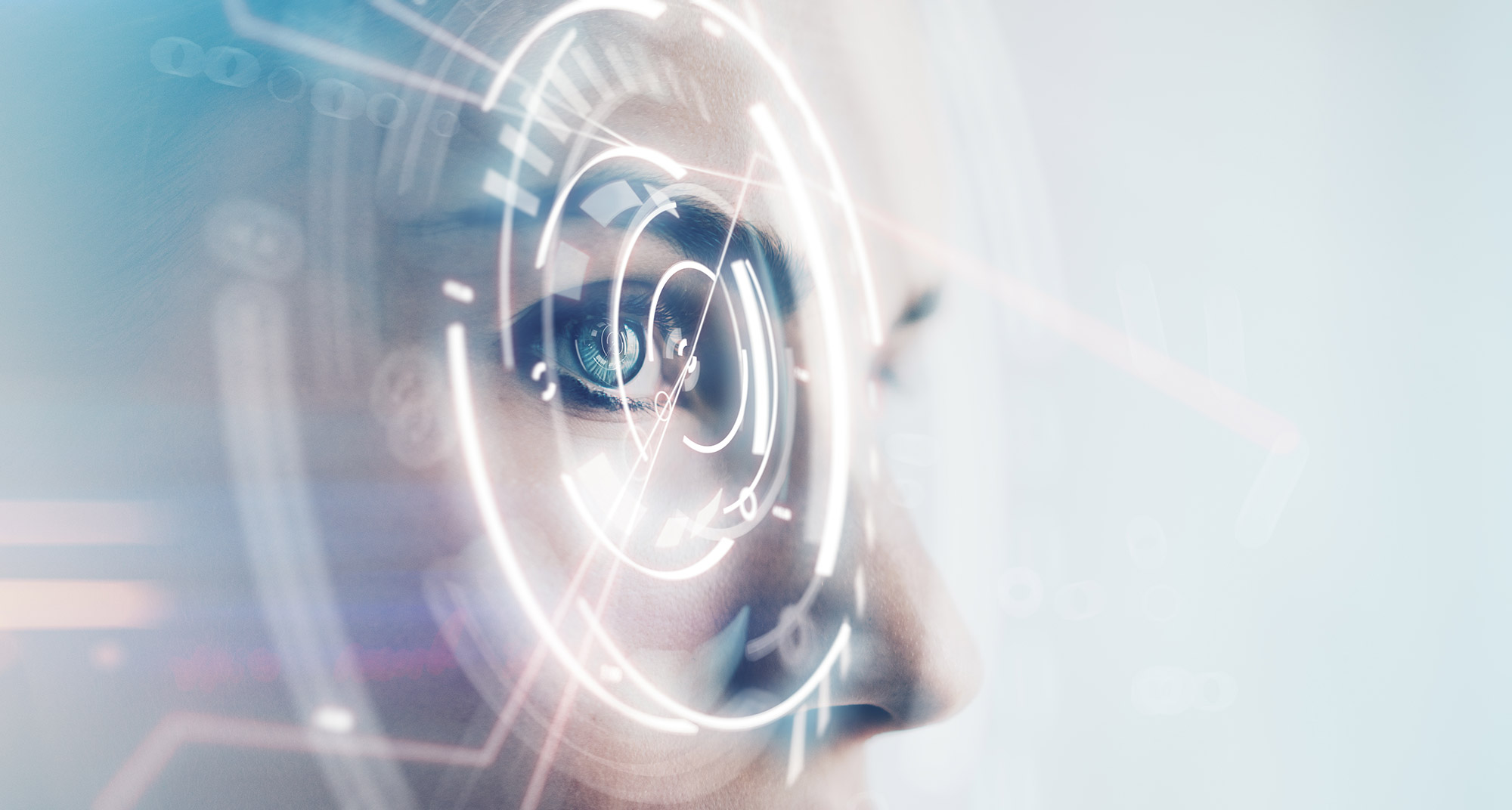
A joint platform
In order to prevent and combat fraud with these new payment technologies, the KIRAS research project 3B3M has created a joint platform between financial institutions and the Federal Criminal Police Office (BKA). This platform primarily covers cases of fraud involving modern payment methods such as online banking, phishing mails, malware or the fraudulent use of credit card data on the Internet or via NFC technology. The platform also aims to combat "money mules" (financial agents). These are people who are lured by fraudsters via email to become supporters. They are required to open bank accounts to which fraudulently obtained funds are transferred. Cases of ransomware (extortion Trojans) or dating scams are also included.

Our research collaborations with technical universities in the DACH region have shown that serious games can be used effectively not only in rehabilitation, but also in sport and prevention. These serious (computer) games do not have entertainment as their primary goal, but serve as a supporting tool, for example to perform exercises or to convey knowledge about certain health topics.
Sensors used to detect movements (e.g. legs or hands) can accurately detect and analyse them. By introducing additional playful elements such as points, different levels and other external incentives, participation in the exercises is made more attractive and motivating. In addition, these systems provide valuable data on the quality and quantity of exercises performed, which is very important for monitoring progress and adapting training programs.
We are always looking to bring research to market and integrate it into our products. This ranges from applications on smartphones to the integration of specific commercial off-the-shelf motion sensors such as LeapMotion or balance boards, both as standalone solutions and in an integrated platform. In recent years, more than 60 serious games and gamified solutions have been designed, analysed and implemented in research projects. A very important aspect of all solutions is the user-centred approach and the involvement of experts. The combination of these innovative aspects has also resulted in a large number of 'top international journal and conference publications.
Rehabilitation framework Re@@Ha
One example is our rehabilitation framework (Re@@Ha), which acts as a central platform that not only handles organisational aspects such as administration, but also the integration and standardisation of several serious games.
This framework allows different serious games to be customised to the personal needs of users and enables direct communication with them. This makes it possible not only to check that exercises are being carried out correctly and regularly, but also to achieve measurable progress.
Incorporating gamification elements into the framework creates additional incentives. Rewards such as badges for achieving individually defined goals in rehabilitation, sport or prevention motivate users and promote successful therapy.
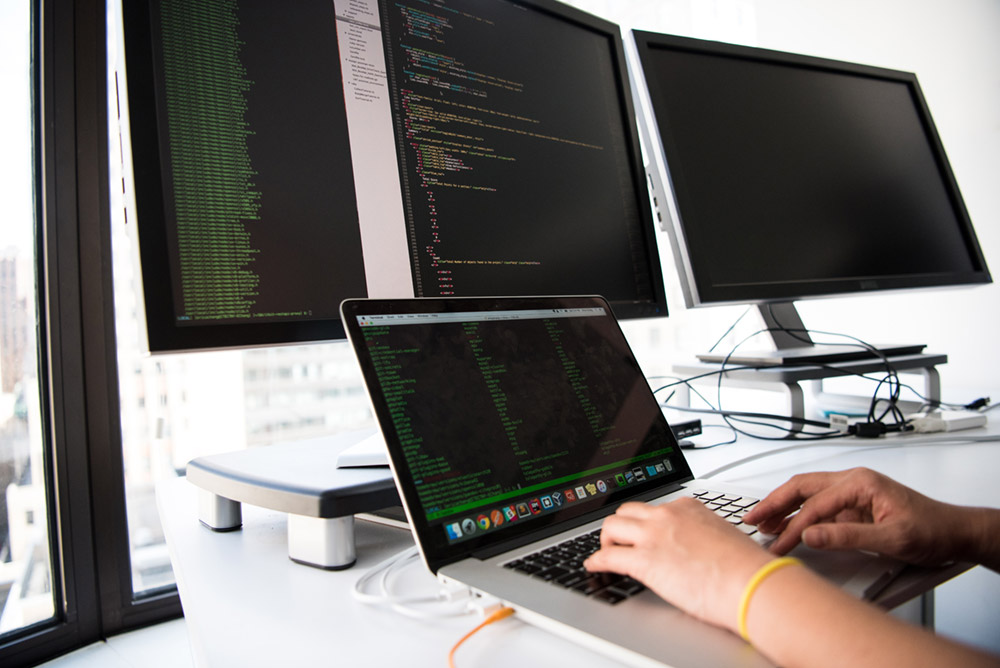
Up to market maturity...
... is usually an intense journey. Our engineering teams know it well and know how to navigate it successfully.
